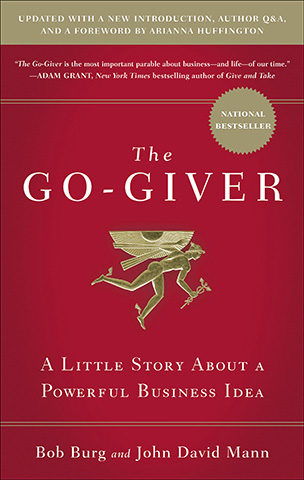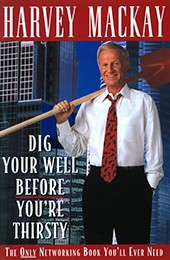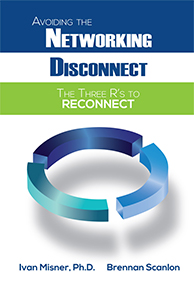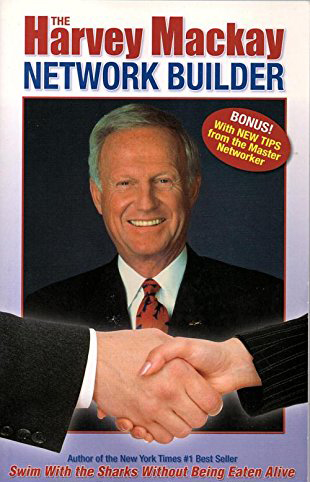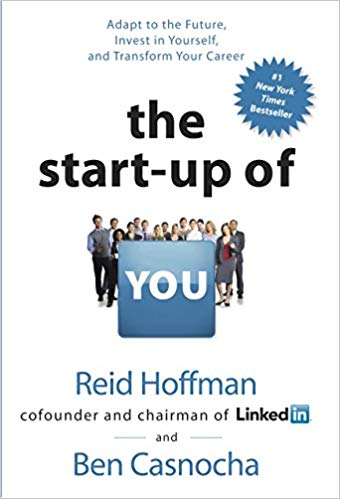Books are an incredible resource, as they allow us to learn from others’ successes and brilliant ideas. There are countless relationship building and networking books out there to help us, but with so many books available, we may get stuck on deciding what to read. Below we have compiled a list of some of our favorites to help you get started!
1. The Go-Giver by Bob Burg and John David Mann
The Go-Giver is a little book with a big message. This is one of our favorites because it defines the type of person we should strive to be like; a person of character who puts others first. To us, this is more important than any networking action you take, because people will discover who you are and they will either want a relationship with you or they will not.
One of the main thoughts in this book is the idea of a young professional finding a mentor to guide him. At PRISM we took this mentoring model and built it right into our networking software system. There are best practices, resources, and tasks to help both mentors and mentees work together to build relationships that are meaningful to all people involved.
2. Dig Your Well Before You’re Thirsty: The only networking book you’ll ever need by Harvey Mackay
Harvey Mackay has been writing books and giving inspirational speeches about the art of selling and networking for decades. He is a guru in these areas and his books have been #1 on the New York Times bestseller lists, sometimes for over a year. This is one of our favorites, but you can’t go wrong reading any of his books. What does Mackay mean by “dig your well before you’re thirsty?” This simply means that you should always be building relationships, not just when you need something. This is one of the most important life lessons.
This is something that has inspired us to develop the software platform that will excite you and motivate you to “dig your well.” In a way, PRISM is like the metaphorical well that you are digging while you build strong relationships.
3. Avoiding The Networking Disconnect by Dr. Ivan Misner and Brennan Scanlon
We have learned several things from Avoiding The Networking Disconnect that we think are valuable for everyone to know. First, they highlight how networking is about building relationships, not closing deals. Second, they insist that you should have a process when you meet someone and take immediate action. The 24/7/30 Principle is simple and brilliant. Third, networking has stages, and you want to become known, liked and trusted. If you try to go too quickly through this process, you might not be able to save the relationship.
One of our favorite tips in Avoiding The Networking Disconnect is the 24/7/30 Principle, which we believe in. This is one of the books that inspired us to create a platform where you can not only manage your network more easily but learn valuable networking skills and techniques.
4. The Harvey Mackay Network Builder by Harvey Mackay
Another great book by Harvey Mackey is this Network Builder. This is the most straightforward, simple guide to be a successful person and networker.
Mackay’s most valuable tip is committing to a contact management system (referred today as a customer relationship management system, ‘CRM’) where you can track everything you know about someone. The purpose is to catalog not just career information, but also about their family, and who they are as a person…complete with interests and hobbies. From that information, one can build long-term connections and genuine relationships that will be mutually beneficial to all.
This is something that has driven us to build PRISM Networking. We have developed the platform for the networking modeled in part after his advice. We have created a modern-day Rolodex and personal CRM, with step by step stages to help you build and maintain your network.
5. The Start-up of You: Adapt to the Future, Invest in Yourself, and Transform Your Career by Reid Hoffman and Ben Casnocha
This book is filled with strategies to guide us to create the work-life we want. They explained that to deepen a relationship, you must give something away. It is valuable to give them something or some experience (i.e. lunch, sports tickets), but if this is not possible, give an introduction to someone in your network.
One of the main thoughts of The Start-Up of You is that each person, as an individual, is like a start-up business, and they will pivot their career. Thus, if you are your own business, you will need to manage your relationships. Similar to digging your well, you are in charge of what you do and how much effort you put into building strong relationships.



